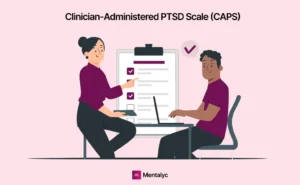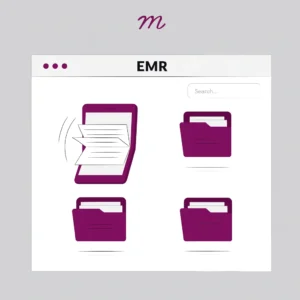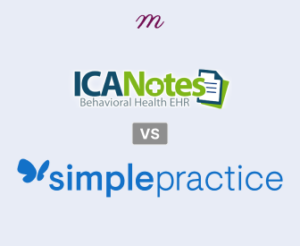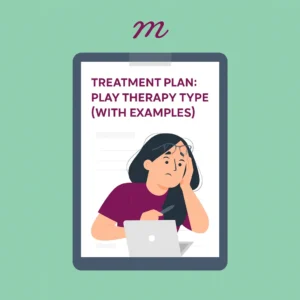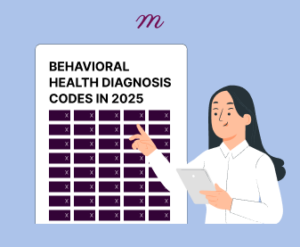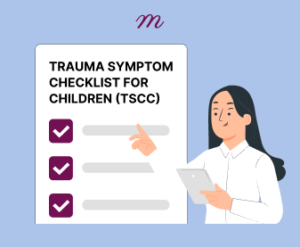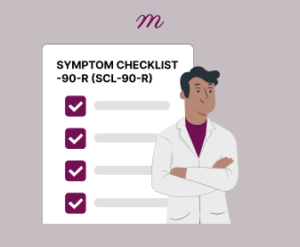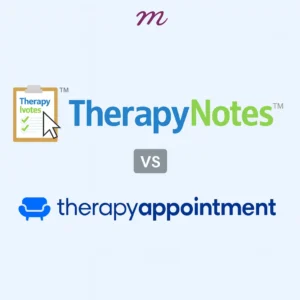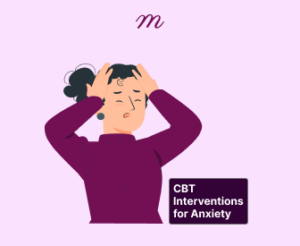Mentalyc Blog
-
When it comes to billing, couples therapy can be more challenging than individual therapy sessions. Unlike individual therapy, insurance companies hardly cover couples therapy unless it is considered “medically necessary”. As a result, therapists often face difficulties with insurance policies. This includes using the right CPT codes, and understanding the necessary billing requirements. This article […]
-
Clinical supervision represents a crucial element of professional development in mental health fields. It is far more than a mere administrative requirement – it is a dynamic, collaborative process that intertwines professional skill enhancement, emotional support, and ethical accountability. Clinical Supervision – Supervisory Relationships Supervisory relationships are a complex blend of professional, education and therapeutic […]
-
Mental health professionals (MHPs) support the well-being of clients seeking emotional and psychological help. However, extensive turnover in this field breaks up continuity in client care, raises organizational expenses, and puts strain on the remaining workforce. Contributing factors to these poor staff retention challenges are employee burnout, low compensation, limited career advancement, and poor support […]
-
For a client, the most soul fulfilling part of a therapy process in seeing how close they are to achieving their goals. Usually, the process is that the client first works with the therapist to understand their thought and behavioural patterns. Gain insight to change their behaviour, implement changes, sit with and process emotions and […]
-
The Clinician-Administered PTSD Scale (CAPS) is widely recognized as the gold standard for diagnosing and assessing Post-Traumatic Stress Disorder (PTSD). This structured interview helps therapists evaluate how trauma shows up in daily life — from symptom intensity and frequency to real-world impact. In this guide, we’ll unpack how CAPS works, what makes it so reliable, and how to […]
-
Manually managing payments, invoices, and billing can quickly become overwhelming for busy therapists. As the mental health industry moves further into digital care, choosing HIPAA-compliant payment methods is now essential—not just for efficiency, but for protecting client confidentiality. In this guide, we’ll explore the best HIPAA-compliant payment processing solutions in 2025, their key features, and what to look […]
-
Licensure is a very big step in your career as an aspiring counselor. Having a license proves that you are trustworthy. It also shows your compliance to high ethical standards. Asides maintaining your credibility and integrity, you will also be able to provide the best care to your clients. In this article, we will walk […]
-
Therapy is a versatile tool suitable for various life challenges, from managing stress and grief to enhancing personal growth and understanding. (Brenner, 2023). One of the most important components of the therapeutic process is the relationship the client forms with the therapist. This happens in the starting stage of therapy- wherein the therapist gets […]
-
The transition from surface-level therapeutic engagement to deep, transformative work is probably the most tumultuous task in a clinical practice. While clients might usually present with their immediate issues and mundane concerns in a session, the therapeutic art of depth lies in the capacity to guide them to the underlying issues that underpin their concerns. […]
-
Behavioral health EMRs are technological solutions for mental healthcare practitioners. These EMRs assist therapists in managing their practice. EMR systems have several features that automate administrative tasks for healthcare practitioners. There are tons of behavioral health EMRs you can choose from. Before making a choice, you need to know the basic features these EMRs should […]
-
Electronic Health Records and Practice Management Softwares has become vital tools for behavioral health practice. These tools help therapists manage documentation and streamline administrative tasks. Despite the numerous EHRs in the market, ICANotes and SimplePractice stand out for their efficiency. They both have an array of features that simplify your tasks as a therapist. In […]
-
Play Therapy Treatment Planning: A Practical Guide The playroom is a place in a therapy centre where all the magic happens. It’s where a child who’s experienced trauma can safely recreate their world using different props where anxiety becomes manageable through puppet play, and where unspoken feelings find expression through art and movement based expressions. […]
-
Have you ever felt frustrated when your clients hit a plateau, and it feels like their healing has stalled? As dedicated mental health professionals, we are no stranger to this challenge. But what if the key to breaking through those barriers wasn’t to find the perfect answers but to empower your clients and boost their motivation? Imagine a practice where your clients are fully committed and inspired, owning […]
-
Social workers aim to improve the well-being of people dealing with mental health and social challenges. These people come from different cultural backgrounds. To embrace this diversity, it becomes vital to automate their social services for enhanced client care. The tasks handled by social workers have been made simpler by social work case management software. […]
-
Person-centered therapy (PCT) is a type of psychotherapy developed by Carl Rogers which focuses on creating safe and supportive environments where all individuals can explore their feelings. The emphasis of this approach is on the therapeutic relationship between clients and their therapists, who offer a source of understanding, acceptance and empathy. PCT is an empowering […]
-
Group therapy sessions can feel daunting for a new client which is why well thought out ice breakers are crucial to help break the ice and to make the client feel at ease. The ice breakers will also facilitate building of connections and belongingness amongst the group members. The Role of IceBreakers In Group Therapy […]
-
There is a global demand for mental health services. This has led to an increase in the number of mental health practitioners. With people in need of quality and affordable mental healthcare, credentialing has become essential. Credentialing involves verifying the qualifications and abilities of mental health professionals. To ensure all professional and ethical standards are […]
-
Behavioral health diagnosis is constantly evolving as new trends unfold yearly. The advent of new research has brought about changes to behavioral health codes. These codes are essential in the classification and treatment of mental health conditions. One crucial challenge faced by mental healthcare providers is ensuring that fees for services are paid in […]
-
Incorrect Current Procedural Terminology (CPT) code usage and documentation errors cost mental health care providers thousands of dollars annually. One of the most complex codes to bill correctly is CPT code 90875. This is specifically for psychophysiological therapy with biofeedback. Learning the correct protocols for this code can revolutionize your practice, improve your reimbursement rates, and deliver the best possible care for your clients. Understanding CPT Code 90875: Description and Core Components CPT Code 90875 falls under “Other Psychiatric Services.” This code represents […]
-
Mental health billing software has become an important tool for therapists in private practice. This tool simplifies administrative tasks while enabling mental health professionals to provide excellent client care. Aside from billing, the software includes practice management features like secure documentation and telehealth. This article will show you the 10 best billing software for therapists. […]
-
Childhood trauma leaves deep emotional and psychological scars, often manifesting in ways that can profoundly affect a child’s development and well-being. It can shape the way they regulate emotions, form relationships, and even impact their physical health. For therapists, the stakes are high—early identification and intervention can make all the difference in helping a child […]
-
The Symptom Checklist-90-Revised (SCL-90-R) is a powerful tool for uncovering the complexities of psychological distress. Widely used in both clinical and research settings, this self-report questionnaire helps therapists identify and measure symptoms across nine critical dimensions, from depression to anxiety. Its versatility and ease of use make it a go-to assessment for gaining a deeper […]
-
TherapyNotes and TherapyAppointments are popular Electronic Health Records and PMS software used by mental health professionals. They are essential tools for therapists who seek to improve client care in their private practices. These EHRs and PMS have features that simplify administrative tasks. They help therapists automate repetitive tasks and increase productivity. What is TherapyNotes? TherapyNotes […]
-
Cognitive Behavioral Therapy Interventions for Anxiety Anxiety disorders are among the most common mental health conditions that people deal with around the world, and Cognitive Behavioural Therapy (CBT) is one of the most prominent schools of thought for effectively managing anxiety and related concerns. CBT and Anxiety CBT posits that anxiety is an interaction of […]




